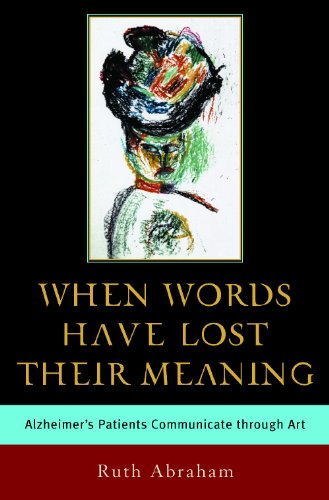All Nonfiction
- Bullying
- Books
- Academic
- Author Interviews
- Celebrity interviews
- College Articles
- College Essays
- Educator of the Year
- Heroes
- Interviews
- Memoir
- Personal Experience
- Sports
- Travel & Culture
All Opinions
- Bullying
- Current Events / Politics
- Discrimination
- Drugs / Alcohol / Smoking
- Entertainment / Celebrities
- Environment
- Love / Relationships
- Movies / Music / TV
- Pop Culture / Trends
- School / College
- Social Issues / Civics
- Spirituality / Religion
- Sports / Hobbies
All Hot Topics
- Bullying
- Community Service
- Environment
- Health
- Letters to the Editor
- Pride & Prejudice
- What Matters
- Back
Summer Guide
- Program Links
- Program Reviews
- Back
College Guide
- College Links
- College Reviews
- College Essays
- College Articles
- Back
When words have lost their meaning by Ruth Abraham
First, I want to say I have some interest in Medicine.I was roaming the library with a stack of books under my arm, when this book caught my attention. To be honest, at first I expected this book would be some romantic story. However, I later found it was about the disease Alzheimer.
Ruth Abraham wrote this book by her own experience. Alzheimer disease is the most common form of Dementia. Alzheimer disease mostly affects the people who are above the age of 65.When the disease advances, it may lead patient to confusion, irritability and mood swings. When it get worsened, eventually it may lead to death.
The Author of this book, by her vast clinical experience as a therapist shaped this book as a wonderful, insightful touching text. Since Alzheimer, disease increasingly affected the people who are in old age, they were mostly neglected by the family members. It will create a pain for many patients.
Author Ruth, wrote in one part of the book that the 'Healers everywhere know the saying that the work of Medicine is "to cure sometimes, to relieve often, to comfort always'. She explained the fact that the curing will be done not only by the medicine, but also by the true love that comforts the patient.
I hardly use to read this kind of book. Some teenagers feel that the studying about disease is a boring one. However, I say, I experience something different after I finished reading the book. Simply, I learn to respect and love the patients.
Similar Articles
JOIN THE DISCUSSION
This article has 0 comments.

